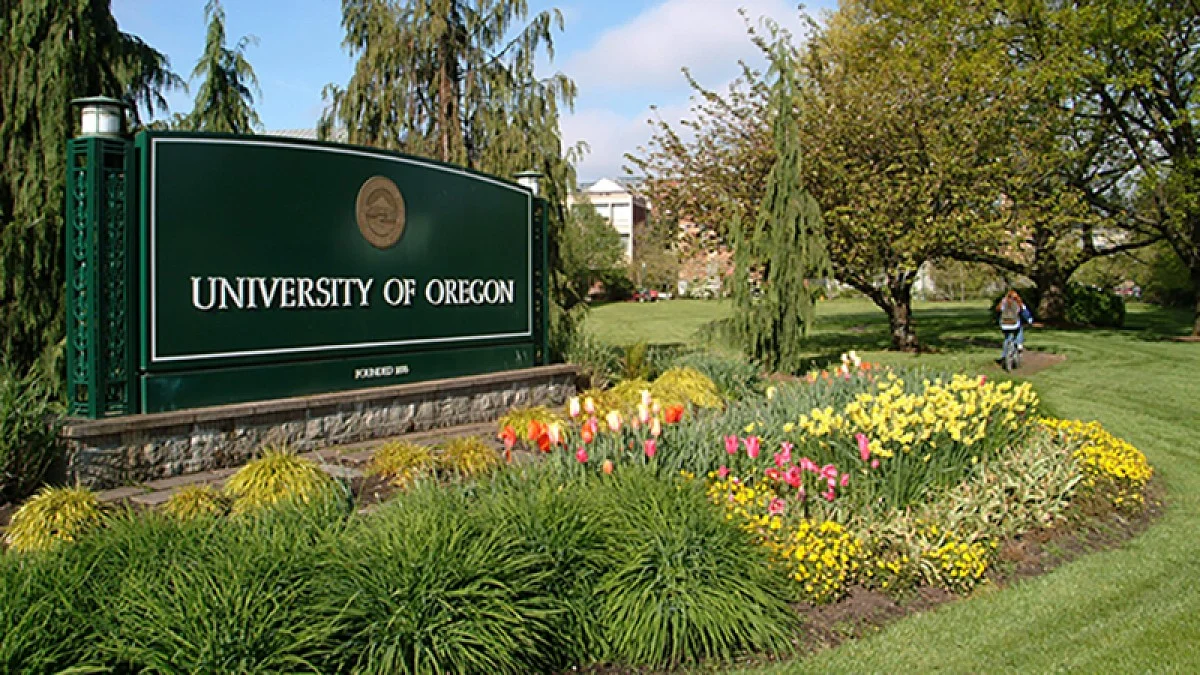
In recent years, the name Chris Hodges has become synonymous not just with spiritual guidance but also with controversy. Hodges, the founding and senior pastor of Church of the Highlands in Alabama, USA, faced a significant backlash over social media activities that many deemed insensitive and inappropriate. This scandal not only shook his congregation but also sparked a broader discussion on accountability and ethics within religious communities.
The Genesis of the Controversy
The controversy began when pastor chris hodges scandal liked social media posts that were considered racially insensitive. These posts were from a profile known for promoting conspiracy theories and political misinformation. The revelation of Hodges’ interaction with such content stirred immediate concern among his congregation and the larger community, particularly during a time of heightened awareness and sensitivity towards racial justice following the George Floyd protests in 2020.
Immediate Repercussions
The fallout from these actions was swift and severe. The Birmingham Board of Education severed its ties with the Church of the Highlands, which had been actively involved in various community outreach programs, including services in local schools. This decision underscored a significant breach of trust and highlighted the community’s stand against any form of racial insensitivity, especially from figures in power.
Furthermore, the scandal prompted a broader segment of the church community to question Hodges’ judgment and the values he espoused. Members of his congregation expressed feelings of betrayal, confusion, and disappointment. The incident served as a painful reminder of the influence leaders hold and the impact of their actions on their followers’ lives.
The Church’s Response
In response to the burgeoning scandal, Chris Hodges issued a public apology, recognizing the hurt his actions had caused. He expressed remorse over the incident, stating that it was not his intention to endorse any divisive or racist behavior. Hodges committed to taking steps to educate himself and his church on racial justice and sensitivity, attempting to mend the fractures within his community.
Despite the apology, the response from the Church of the Highlands was met with mixed reactions. Some appreciated the prompt acknowledgment and commitment to change, while others felt it was a reactionary measure that didn’t adequately address deeper systemic issues within the church’s leadership and culture.
Long-Term Impacts on the Community
The Chris Hodges scandal serves as a critical case study in the responsibilities of religious leaders to their followers. It highlights the delicate balance they must maintain in their personal and public actions. The incident has led to increased calls for transparency and accountability in church operations. It has urged religious institutions to examine their leaders’ roles in fostering inclusive and sensitive environments, ensuring that their actions align with the moral and ethical standards expected of them.
Moreover, the scandal has prompted a discussion about the role of social media in modern religion. Religious leaders, like public figures, are scrutinized for their online behavior, which can amplify or undermine their real-world influence. The incident with Hodges has led to greater awareness about the potential repercussions of social media interactions, urging leaders to wield their platforms with greater care and responsibility.
Community Healing and Moving Forward
In the aftermath of the scandal, Church of the Highlands has made concerted efforts to bridge the gaps within its community. Initiatives have been launched to foster open dialogue on racial justice, involving congregation members in outreach programs aimed at healing and reconciliation. These efforts are crucial in restoring trust and demonstrating the church’s commitment to positive community impact.
The Chris Hodges scandal also underscores the necessity for ongoing education and dialogue around sensitive issues. It serves as a reminder that healing is a continuous process, requiring consistent effort and genuine engagement from all community members, especially its leaders.
Conclusion
The Chris Hodges scandal is more than a momentary lapse; it is a reflective mirror for many religious communities grappling with similar issues. It challenges churches to introspect on their values, the actions of their leaders, and their impact on the wider community. For Church of the Highlands, the road to recovery may be long, but it is paved with opportunities for learning, growth, and perhaps most importantly, reconciliation. As the church moves forward, it carries with it the heavy but hopeful burden of turning a moment of pastor chris hodges scandal into a stepping stone for profound communal transformation.







